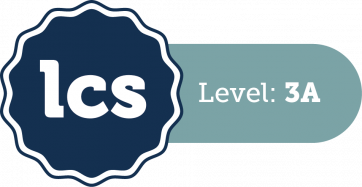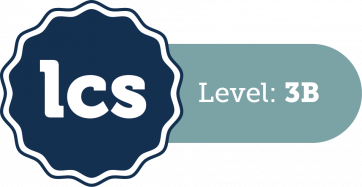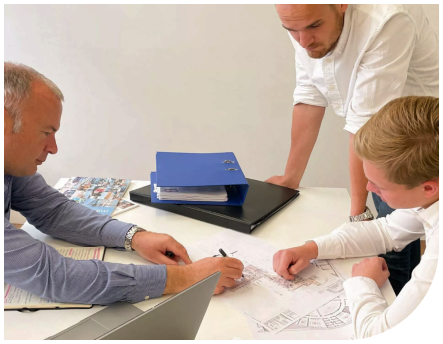Level 3 – Strategic


Summary
Level 3 focuses on advanced Lean knowledge and the strategic and leadership competencies required for Lean leadership at a senior level.
Those with LCS Level 3 capability should be able to design Lean strategies for an organisation (or a significant business unit) and demonstrate appropriate Lean leadership qualities and practices.
At Level 3 the emphasis is on implementation experience at a strategic or transformational level. Note that the difference between 3a and 3b is to do with scale, level of responsibility and scope of experience.
A Level 3 practitioner should have:
- High-level knowledge and mature understanding of Lean philosophy, techniques and approaches and associated schools of thought.
- Knowledge of the strategic and management dimensions of Lean implementation.
- Ability to implement and manage a Lean strategy at an organisation or extended enterprise level.
- Wide implementation experience in several organisational contexts over a period of at least 10 years.
Level 3a & Level 3b

Level 3
Routes to the Qualification
Level 3 certification is gained via the Approved Prior Learning & Experience (APLE) route and not from undertaking a conventional training course with assessments (as with LCS Levels 1 and 2).
The APLE route for Level 3 certification is the Level 3 Programme, through which candidates submit evidence of their capability, guided by a Level 3 Advisor. This evidence is gathered from a career resume, three case studies and an assignment. The process ends with a presentation to an LCS expert panel.
Candidates with a Lean related master’s degree are eligible for exemptions, depending on the precise course undertaken.
A Level 3 Programme can be completed directly with the LCS organisation or through a Level 3 accredited consultancy.

Level 3
Leadership Competencies
At Level 3 the emphasis is on implementation experience at a strategic or transformational level and the overarching competencies are as follows:
- The ability to think in terms of processes, value streams and systems; knowing how to lead systems.
- The ability to problem solve, understand variability and waste.
- Understanding how we learn, develop and improve; leading learning & improvement.
- Understanding the behaviour of people.
- Giving vision, focus and direction to the organisation.
(Adapted from Peter Scholtes’ list in The Leaders Handbook, 1998)
Prerequisites for Level 3
The following can be used as a guide when selecting participants for a Level 3 Programme:
Level 3a
- Qualifications/knowledge: Degree, LCS Level 2b or equivalent
- Typical experience:
- Approximately ten years improvement experience at a leadership level, involved in several strategically aligned projects.
- Gained either through in house improvement or consultancy activity.
- Undertaken roles with supervisory aspects.
- Involvement as a senior manager in strategically aligned projects.

Level 3b
- Qualifications/knowledge: Degree, LCS Level 2b or equivalent
- Typical experience:
- At least ten years improvement experience at a leadership level, involved in multiple, diverse, strategically aligned projects.
- Gained either through in house improvement or consultancy activity.
- Has undertaken CI senior management roles in several organisations, divisions, or departments.
- Has undertaken improvement activity encompassing cross-functional teams, supply chains or value streams.
Level 3 Knowledge
The Level 3 practitioner shall know and understand:
- Strategy development and policy deployment techniques.
- Design and deployment of effective and relevant performance measures.
- Leadership skills for effective Lean transformation (eg change management, communication, coaching, mentoring, motivating, etc).
- Supply chain management.
- Advanced Lean systems knowledge and techniques.
- Sustainable change and continuous improvement.
- Project direction, implementation and control.
- Complementary philosophies, approaches and thinkers.

Level 3 Practice
The Level 3 practitioner shall be able to:
- Implement at significant scale and in a range of business environments
- Lead an organisation’s lean transformation
- Coach and mentor colleagues and practitioners
- Create sustainable Lean strategies and implementation plans, aligned to organisational strategy
- Apply Lean in a range of core business processes (eg order fulfilment, new product development, sales acquisition, supply chain, etc)
- Implement and deploy a Lean strategy in an organisation to achieve quality/cost/delivery benefits
- Devise and apply effective and relevant value stream and supply chain performance measures.

Talk to our qualified experts today about starting your LCS journey



